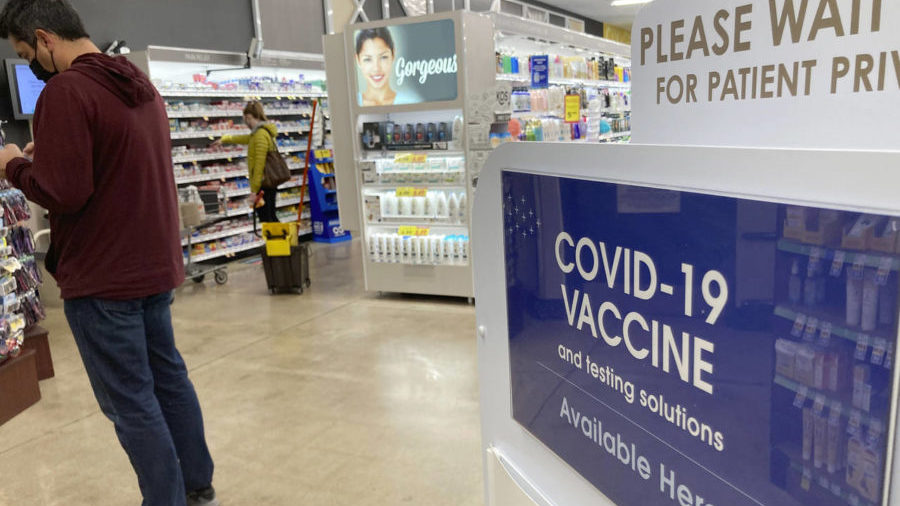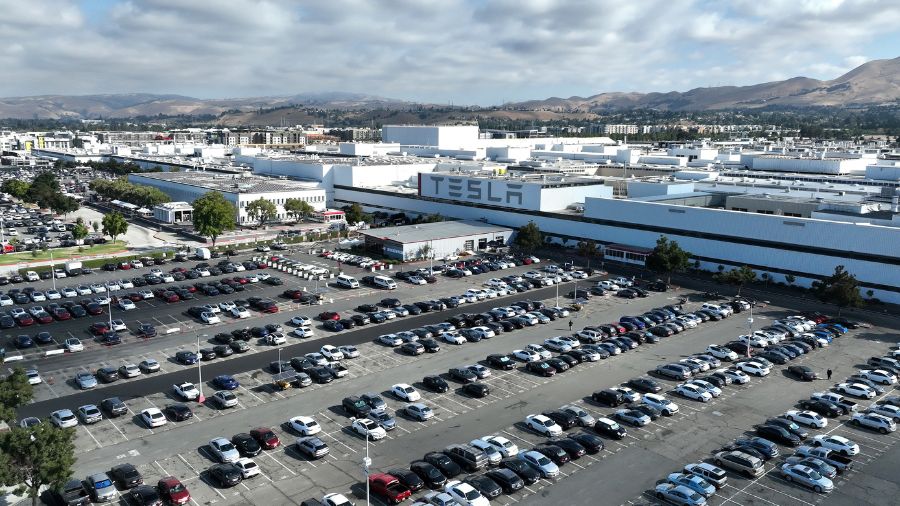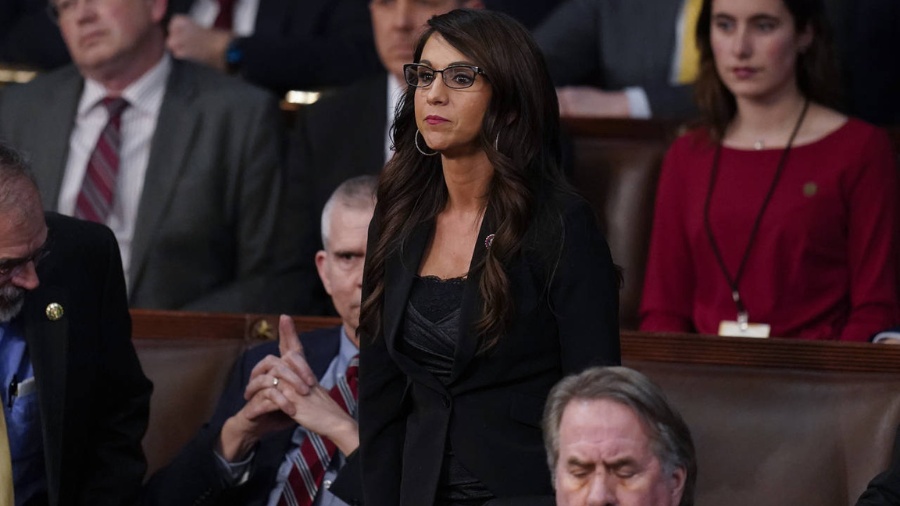Mercer Island MD explains why we’ll likely need yearly COVID booster shots
Nov 22, 2021, 10:55 AM

A patient waits to be called for a COVID-19 vaccination booster shot outside a pharmacy in a grocery store. U.S. regulators opened up COVID-19 booster shots to all adults, Friday, Nov. 19, letting them choose another dose of either the Pfizer or Moderna vaccine. (AP Photo/David Zalubowski, File)
(AP Photo/David Zalubowski, File)
The U.S. Food and Drug Administration and the Centers for Disease Control and Prevention have authorized a COVID-19 booster shot for all U.S. adults, regardless of pre-existing conditions.
Anyone 18 or older can now choose either a Pfizer or Moderna booster six months after their last dose. For anyone who got the single-dose Johnson & Johnson vaccine, the wait already was two months. People can mix-and-match boosters from any company.
Stine says ‘no, thank you’ to changing definition of fully vaccinated
After only being available for certain age groups or those at high-risk, what changed?
“I think it raises a fairly provocative question, at this point, is what does it mean to be fully immunized, if we’re now suggesting that people need boosters?” Dr. Gordon Cohen, MD, said on Seattle’s Morning News. “Now if you think back to when we first started talking about COVID, before there was a vaccine, there was already talk about people getting an infection with COVID, and then they would have an antibody response that would begin to drop at roughly 30 days after they had the infection.”
“But now, we’ve started giving vaccines, and the original studies that were done by Pfizer and Moderna were done on two-shot vaccinations, and they weren’t followed for very long because there was some urgency to getting the vaccines out,” he continued. “Now the question is risen: How long do these antibody responses to the vaccine last?”
There is science now to back it up, Cohen explained.
At a conference a week ago in San Antonio on vaccine development, Cohen says a study was presented that looked at antibody levels in people who had received the Pfizer vaccine, done on 787 health care workers in Italy, ranging in age from 21 to 75. Their antibody levels were measured before vaccination, after the second dose, and then at one, three, and six months after the second shot.
“The results demonstrated that antibody levels dropped by more than 50% from peak by six months post-vaccination,” Cohen said. “So, what does it mean to be fully vaccinated?”
“You get your two shots, you think you’re good. And then suddenly, six months later, your antibody levels are half of what they were at the peak response,” he clarified.
KIRO Radio’s Dave Ross asked if that means we’ll all get COVID eventually and just have to hope it’s not bad enough to send us to the hospital?
“I don’t know that that’s necessarily true, rather I think the bigger question is — and I think this has been the concern expressed by many people — are we going to be getting this vaccine for the rest of our lives?,” Cohen replied. “Data like this, although it’s a relatively short period of time, certainly you could draw the conclusion that, yes, we will need an annual COVID vaccine just in order to boost our antibodies, in order to deal with the falling response to the vaccine.”
State Sec. of Health: ‘Slight increase’ in breakthrough cases shows need for boosters
Knowing what we know now about how immunity can fade over time, and how the booster itself may not be perfect, Dr. Cohen’s bottom line advice is that he believes the vaccine is safe.
“That’s been proven over and over and over again,” he said. “We’ve given it to tens of millions of people worldwide, and there’s no significant downside to it. Secondly, the vaccine clearly reduces the severity of illness for people who get it. And thirdly, it dramatically reduces the incidence of long-COVID, which can be really detrimental to those who have it.”
“So, on balance, I believe in the vaccine, I believe it’s safe, and I believe it’s efficacious. Although I think we’re going to be getting it on an annual basis in order to keep our antibody levels up.” Dr. Cohen said. “My personal recommendation, as a physician, is that people should get the vaccine.”
Find a vaccine or booster appointment near you with the state’s Vaccine Locator tool, or call 833-VAX-HELP.
Listen to Seattle’s Morning News weekday mornings from 5 – 9 a.m. on KIRO Radio, 97.3 FM. Subscribe to the podcast here.














